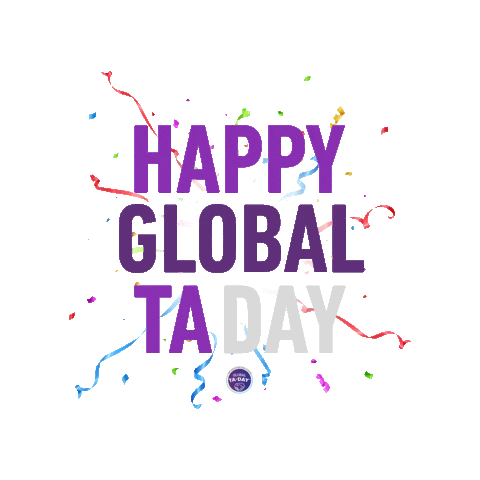If I have learned anything at all in my HR/Recruiting career it’s that everyone has an opinion on what makes a good hire. If you ask 100 people to give you one thing they focus on when deciding between candidates, you’ll get 100 different answers!
I’ve got some of my own. They might be slightly different than yours, but I know mine will work! So, if you want to make some better selections, take note my young Padawans:
1. Crinkled up money. Male or female if you pull money out of your pocket or purse and it’s crinkled up, you’ll be a bad hire! There is something fundamentally wrong with people who can’t keep their cash straight. The challenge you have is how do you get a candidate to show you this? Ask to copy their driver’s license or something like that!
2. Males with more selfies on their Instagram, than all other photos. I don’t even have to explain this (also, don’t go do a count on my IG!).
3. Slow walkers. If you don’t have some pep in your step, at least for the interview, you’re going to be a drag as an employee.
4. My Last Employer was so Awesome! Yeah, that’s great, we aren’t them. Let’s put a little focus back on what we got going on right here, sparky. Putting too much emphasis on a job you love during the interview is annoying. We get it. It was a good gig. You f’d it up and can’t let go. Now we’ll have to listen about it for the next nine months until we fire you.
5. Complaining or being Rude to waitstaff. I like taking candidates to lunch or dinner, just to see how they treat other people. I want servant leaders, not assholes, working for me. The meal interview is a great selection tool to weed out bad people.
What are your signs not to make an offer? Share in the comments!

